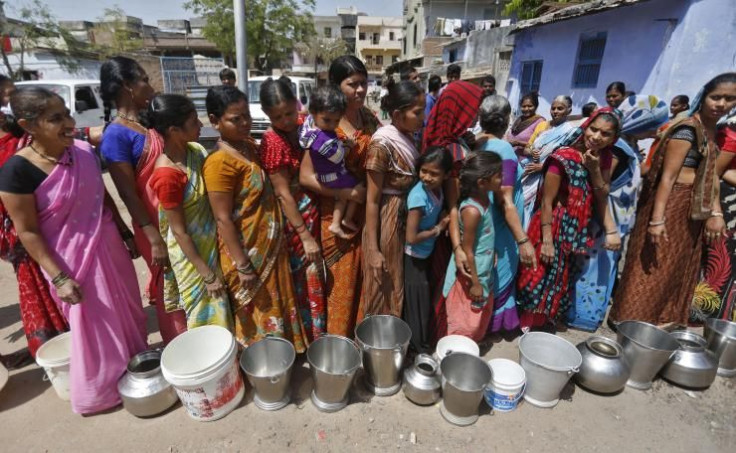
Human Rights Day is observed every year on 10 December since, and five years after the United Nations recognized the human rights to clean drinking water and sanitation, a new report by Maude Barlow examines water use, policy and protection around the world. How have we fared? “Governments and communities around the world have vowed to implement the right to water,” says Barlow, National Chairperson of the Council of Canadians, author of numerous books on water and water policy, and former senior advisor on water to the president of the UN General Assembly. “Yet two and a half billion people still do not have access to basic sanitation. The drinking water advisories in Indigenous communities in Canada are a national shame. And now water cut-offs are hitting low-income people in cities in Europe and the United States.”
Launching on Human Rights Day, "The Human Rights to Water and Sanitation: A five-year assessment," reflects on the last five years on and examines whether we’ve fulfilled the UN mandate that declared water was “essential for the full enjoyment of the right to life.” The report examines progress in key areas, including in the courts, in relation to corporate control and influence, in the context of increasing pollution, and in terms of community access and control.
“Unfortunately governments and international institutions are committed to unbridled growth,” adds Barlow, “and trade agreements such as NAFTA, CETA and TPP are giving corporations the right to sue for financial compensation if governments introduce laws to protect their water or the human rights of their citizens. The struggle for justice and the need to protect our most vulnerable resource is more urgent than ever.”
© 2025 Latin Times. All rights reserved. Do not reproduce without permission.




